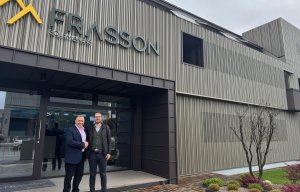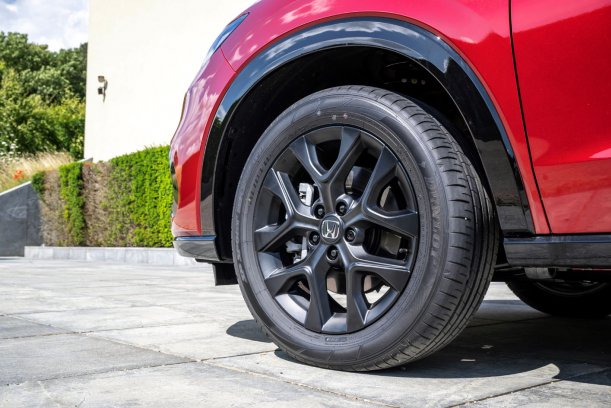
Vietamese-Italian partnership for sustainable footwear
Plan extends from intake manifolds to future apparel.

19th September 2023
Innovation in Textiles
|
Japan
Toray Industries has signed an agreement with Honda Motor to jointly develop a chemical recycling technology for glass-fibre reinforced nylon 6 parts recovered from end-of-life vehicles.
The two companies have begun verifying this technology which entails depolymerizing with subcritical water and regenerating the materials as caprolactam, the raw monomer for nylon 6.
Subcritical water is employed in a high-temperature, high-pressure state to dissolve and hydrolyze organic compounds.
The two companies focused on such subcritical water characteristics as its high permeability, dissolving power and hydrolysis effect on resins in developing the technology to successfully depolymerize nylon 6. Subcritical water is free of catalysts, additives do not affect it and it can depolymerize nylon 6 in a short time to create high yields of raw monomer. Separating, refining and repolymerizing the monomer makes it possible to regenerate nylon 6 that performs like a virgin material.
Japan’s Ministry of the Environment has adopted this technology for a three-year project to establish a decarbonized circular economy system, including validating recycling systems for plastics and other resources. As part of the project, Toray and Honda will set up a pilot facility with a processing capacity of 500 metric tons of raw resin annually, to conduct validation testing with it.
The first step with this work is to recycle used automotive plastic parts into the same automotive materials. The two companies will develop depolymerization and monomer separation and refining technologies by employing intake manifolds as raw materials for engine intake system parts. They aim to apply these technologies for recycling chemicals in automotive resin parts by around 2027.
Down the track, the plan is to broaden the scope of the chemical recycling technology to make apparel, films, and other non-automotive applications.

Business intelligence for the fibre, textiles and apparel industries: technologies, innovations, markets, investments, trade policy, sourcing, strategy...
Find out more